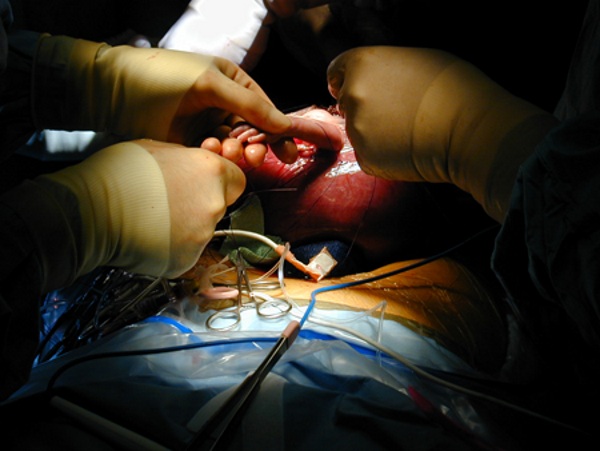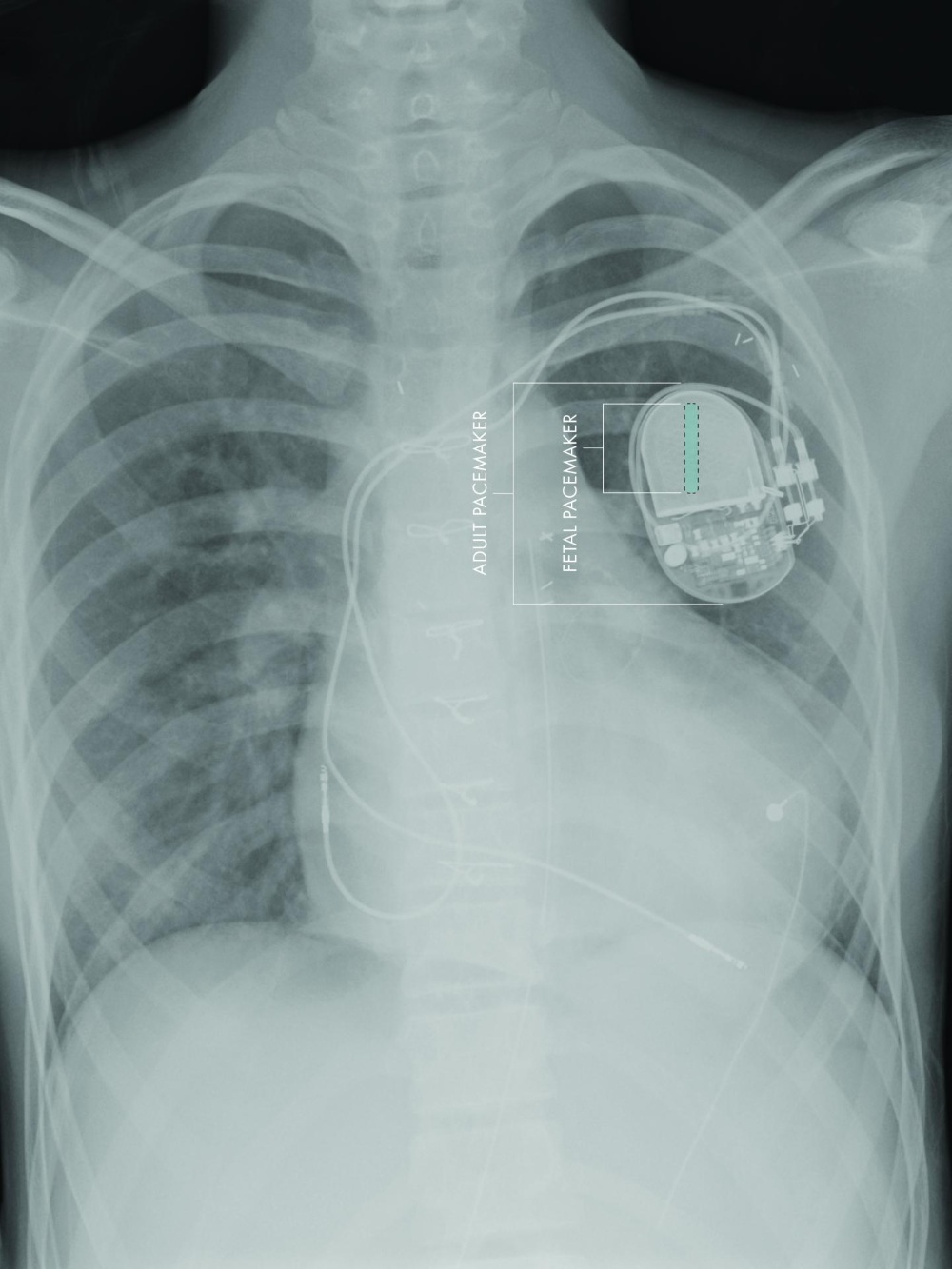The world’s first fully-implantable micropacemaker designed for use in a fetus with heart block was created by a team of investigators at the Children’s Hospital Los Angeles and the University of Southern California.

An electrical signal moves from the upper to the lower chambers of the heart with each beat of the muscular organ. As it moves, the heart contracts and pumps blood.
Congenital heart block is a defect of the heart’s electrical system that originates in the developing fetus; it slows the rate of the heart and ultimately impacts its ability to pump blood.
While the condition can be diagnosed in utero, attempts to treat the condition with a standard pacemaker have failed.
“Up until now, the pacemaker devices that have been used in an attempt to treat this condition in a fetus were designed for adults,” said Yaniv Bar-Cohen, MD, pediatric cardiologist at CHLA and lead author on the paper. “We have lacked an effective treatment option for fetuses.”
Due to the size of the adult device, a small part had to be implanted in the fetus, while the rest remained externalized. It failed, time and again, for various reasons; one of the more common was due to fetal movement. This caused the electrodes to become dislodged from the heart.
“Building on our experience of using microfabrication techniques to create biomedical devices, we have developed a micropacemaker small enough to reside entirely within the fetus,” said Gerald E. Loeb, MD, professor of Biomedical Engineering at the Viterbi School of Engineering at USC. “This will allow the fetus to move freely without risk of dislodging the electrodes.”

“We now have a pacemaker that can be implanted in utero, potentially without harm to the fetus or the mom,” said Ramen H. Chmait, MD, Director of the CHLA-USC Institute for Maternal-Fetal Health. “This novel device provides a real opportunity to prevent miscarriage and premature birth in babies affected with these abnormalities.”
The micropacemaker has been designated a Humanitarian Use Device by the US Food & Drug Administration. Preclinical testing and optimization of the device were recently completed, as reported in a recent issue of the journal “Heart Rhythm”.
The team anticipates the first human use of the device in the near future.
Advertisement
Learn more about Electronic Products Magazine





